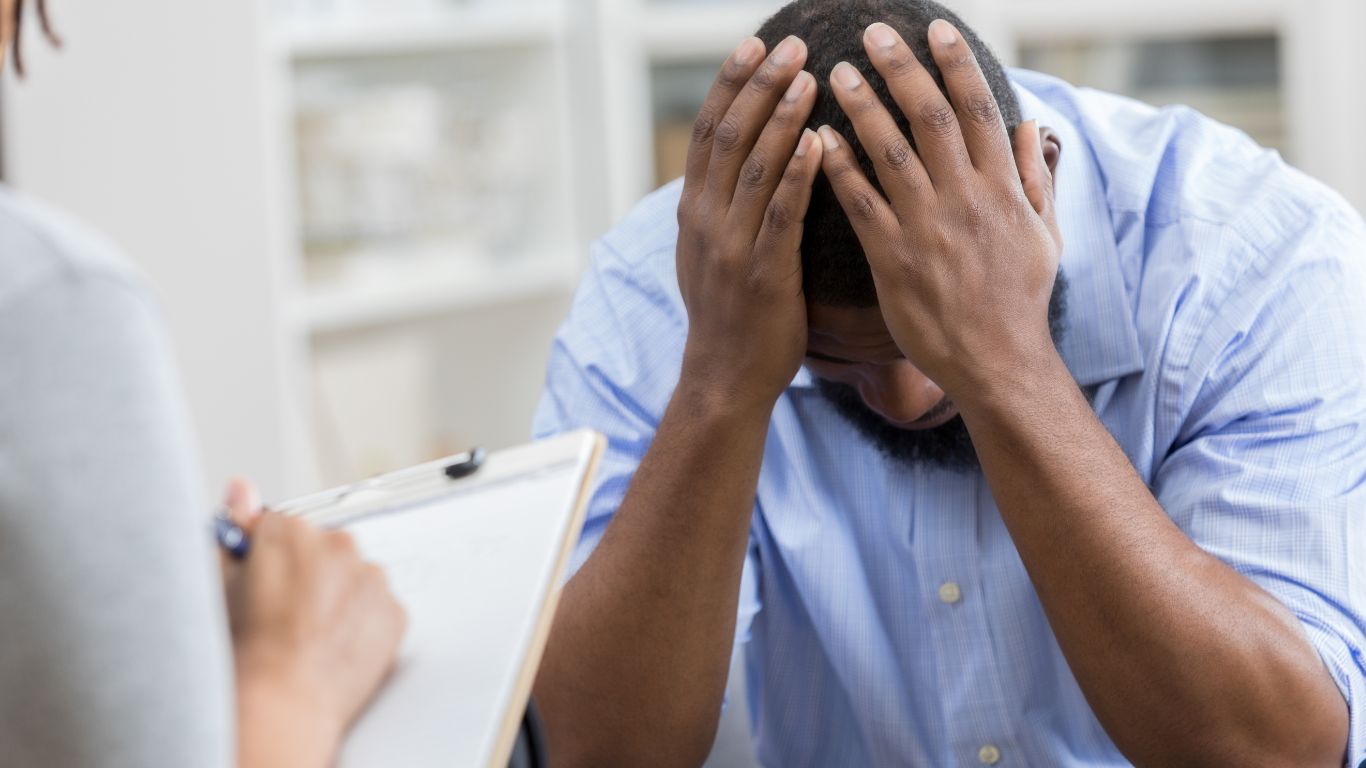Filing a Criminal Injury Compensation Claim in the UAE
Criminal acts can have a devastating impact, from the emotional scars they leave behind to the financial burdens that often follow. Fortunately, victims of such crimes in the UAE are entitled to seek justice through Criminal Injury Compensation Claims, designed to help them recover damages for their losses.
In the UAE, the Criminal Procedure legislation allows victims to pursue legal compensation for harm caused by various crimes, whether they stem from a criminal assault claim or other criminal acts. Unlike typical compensation claims, these criminal claims are handled within the criminal courts rather than solely in civil courts, providing victims with a legitimate avenue to recover damages.
Thankfully, the UAE legal system provides victims with the opportunity to seek criminal injury compensation claims. But where do you start? What do you need to know? Let’s break it all down so you can confidently navigate the process.
Key Takeaways:
-
- Criminal injury compensation claims allow victims of violent crimes to recover damages for physical, emotional, and financial losses.
-
- The UAE legal framework covers compensation for medical expenses, lost wages, property damage, and emotional distress.
-
- Criminal courts handle the cases, and it’s highly recommended to seek legal representation.
What is a Criminal Injury Compensation Claim?
A criminal injury compensation claim allows victims of criminal acts to recover financial compensation for the harm they’ve suffered. Whether you’ve been physically assaulted, emotionally traumatized, or suffered property loss, a compensation claim can provide the legal means to regain your financial stability.
These claims are governed by Federal Law No. 35 of 1992 (Criminal Procedure Law), ensuring victims can seek the compensation they deserve while the criminal case is addressed.
Many victims of criminal acts are unaware of their right to seek legal compensation for the harm caused by an offense. A common misconception is that fines imposed on offenders during criminal trials are paid directly to the victim, when in reality, they are paid to the court. Therefore, victims must file a separate civil lawsuit to recover damages for physical injuries, emotional distress, or financial losses like hospital bills or missed work.
Types of Criminal Injury Compensation Claims
-
- Physical Injuries from Violent Crimes:
Victims who suffer physical injuries from violent crimes such as assaults, robberies, or domestic violence in the UAE are entitled to seek legal compensation. Under UAE law, this compensation can cover essential expenses like medical bills, surgical costs, and ongoing rehabilitation. In more severe cases, it may also include compensation for lost wages if the injury affects the victim’s ability to work, as well as psychological treatment if trauma from the crime leads to emotional distress.
The process is governed by Federal Law No. 35 of 1992 (Criminal Procedure Law), which allows victims to seek compensation even while criminal proceedings are ongoing. Courts assess the extent of the injury, considering the long-term effects on the victim’s life and ability to earn.
In cases of severe or permanent disability, the compensation amount may be higher, reflecting the ongoing impact of the injury.
-
- Emotional and Psychological Harm:
Crimes can leave deep emotional and psychological scars, sometimes more long-lasting than physical injuries. Victims may experience conditions like Post-Traumatic Stress Disorder (PTSD), severe anxiety, or depression, which can disrupt daily life. In the UAE, criminal injury compensation claims can include compensation for such psychological trauma. This compensation covers the costs of therapy, counseling, and other treatments necessary to address emotional harm caused by the crime.
The victims can seek damages for moral and emotional harm alongside physical injuries. Courts assess the severity of the trauma and its impact on the victim’s mental health, ensuring that emotional distress is considered when calculating the compensation amount.
-
- Property Damage or Loss:
When a criminal act results in damage to personal property—such as during a robbery, vandalism, or other acts of destruction—victims have the right to claim legal compensation under UAE law. This compensation typically covers the cost of repair or replacement of the damaged property. Whether it’s a vehicle, home, or personal belongings, the victim can file a criminal injury compensation claim to recover the financial loss incurred.
-
- Loss of Earnings:
In some cases, a crime may leave the victim unable to work, whether due to physical injuries or psychological trauma. When this happens, the victim can claim compensation for lost wages during their recovery period. Moreover, if the injury is severe enough to impact future employment or earning capacity, the victim may also seek compensation for future earning potential.
-
- Wrongful Accusation:
Victims of wrongful accusations or wrongful imprisonment can also seek compensation for the damages they have suffered. If someone is falsely accused of a crime and later acquitted, they may file a compensation claim for the emotional distress, reputational damage, and financial losses they endured. This could include compensation for legal fees, lost wages, and the psychological impact of being wrongfully detained.
Filing a Criminal Injury Compensation Claim in the UAE
Filing a civil case in the UAE can be strategically influenced by timing, and knowing when to file can have a big impact on the outcome. Here’s how the process typically works:
-
- Starting in Criminal Courts:
-
- Filing in the Criminal Courts is often recommended for cases involving criminal offenses.
-
- Victims and their legal representatives can attend hearings, present evidence, and engage in the First Instance Courts.
-
- If criminal charges are dismissed, victims still have the right to appeal the decision.
-
- Starting in Criminal Courts:
-
- Where to File Depends on the Offense:
-
- The decision on whether to file in criminal or civil courts depends on the specific nature of the offense.
-
- Consulting legal counsel ensures that the best filing strategy is chosen based on the case’s details.
-
- Where to File Depends on the Offense:
-
- Civil Case Can Proceed Even if Criminal Case is Dismissed:
-
- A not-guilty verdict in a criminal case doesn’t automatically dismiss a civil case.
-
- A criminal case can be dropped due to a lack of evidence or failure to prove a breach of criminal law, but a civil case—such as one for tortious liability or contractual liability—can still move forward.
-
- Civil Case Can Proceed Even if Criminal Case is Dismissed:
-
- Option to Withdraw the Civil Case:
-
- Victims have the option to drop their civil case at any point during the process if circumstances change.
-
- Option to Withdraw the Civil Case:
Gathering Evidence:
Evidence is essential when filing a criminal injury compensation claim, as it builds the foundation of your case. For claims involving physical injuries, it’s crucial to collect medical reports, hospital bills, and photographs documenting the injuries sustained. These serve as concrete proof of the physical harm caused by the criminal act.
For emotional distress or psychological trauma, you’ll need a psychological evaluation from a certified therapist or doctor. This documentation provides clear evidence of the emotional impact of the crime, such as Post-Traumatic Stress Disorder (PTSD) or severe anxiety.
Additionally, witness statements can be incredibly valuable in strengthening your claim. If others were present during the incident, their testimony can offer an objective account, supporting your claim for legal compensation. Other forms of supporting evidence, such as police reports, therapy bills, and employment records (in case of lost wages), can further substantiate your compensation claim.
Legal Representation in Criminal Injury Compensation Claims
Once the Public Prosecutor decides to move forward with criminal charges, the case is presented before the criminal court. At this point, the victim has the right to hire a legal representative (a lawyer) to assist throughout the proceedings. While appointing a lawyer isn’t mandatory, it can certainly ease the process and provide valuable legal expertise.
An experienced lawyer ensures that all procedural requirements are properly followed and that deadlines are strictly met, preventing delays or mistakes that could derail your compensation claim. They also break down the often confusing legal terminology, guiding you through each phase of the court process. Whether it’s handling the intersection between criminal and civil cases, filing appeals, or dealing with legal authorities, a lawyer offers invaluable clarity and direction.
Moreover, legal professionals play a key role in negotiating settlements, ensuring that any compensation awarded accurately reflects your damages—whether they involve physical injuries, emotional distress, or financial losses like lost wages or property damage.
Law firms like Raya Al Ameri Advocates are experts in these areas, offering comprehensive legal support to victims of crime in the UAE. By allowing them to handle the legal complexities, you can focus on your recovery, knowing that your rights are being fully protected. In short, legal representation is not just a recommendation—it’s often the cornerstone of securing the legal compensation you deserve.
Frequently Asked Questions (FAQs)
1. Can I file a compensation claim if the criminal isn’t convicted?
Yes, you can still file a compensation claim. A criminal conviction isn’t necessary to pursue a civil claim for damages.
2. How long does it take to resolve a criminal injury compensation claim?
The process can vary, but it typically takes several months to a year, depending on the complexity of the case.
3. What if I can’t prove emotional harm?
Emotional distress claims need solid evidence, usually from a psychologist or therapist. Without this, it can be difficult to claim compensation for emotional harm.
4. What happens if my claim is denied?
If your claim is denied, you can appeal the decision. Your lawyer will help guide you through the appeal process.
For more expert advice on criminal injury compensation claims, feel free to explore Raya Al Ameri Advocates & Legal Consultants

